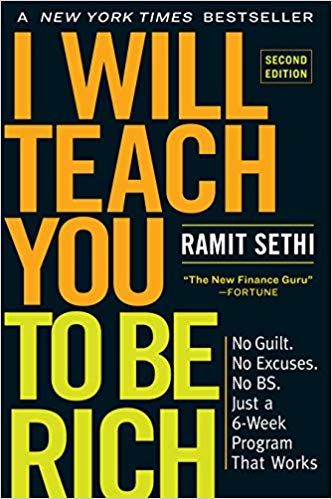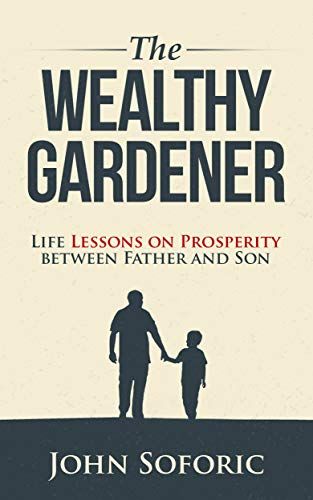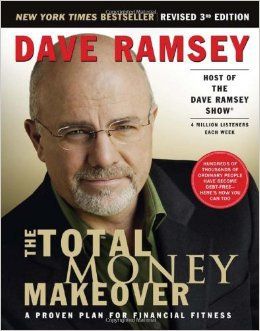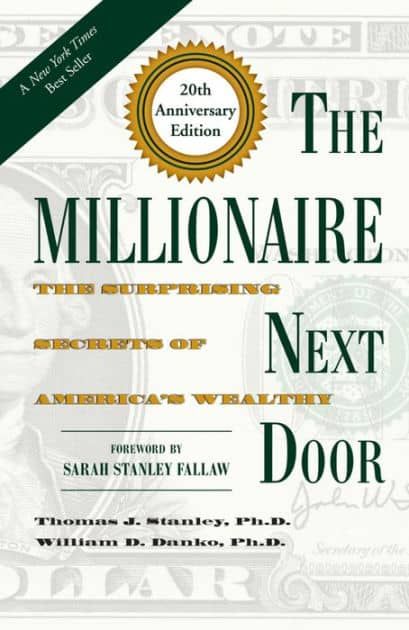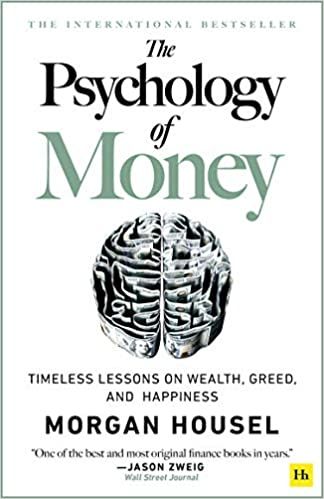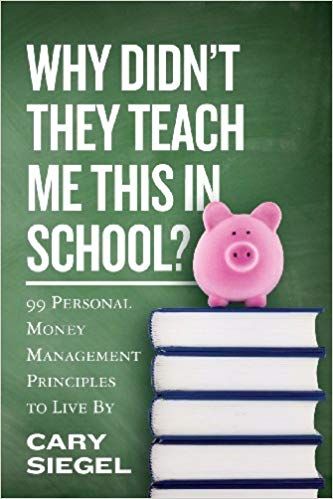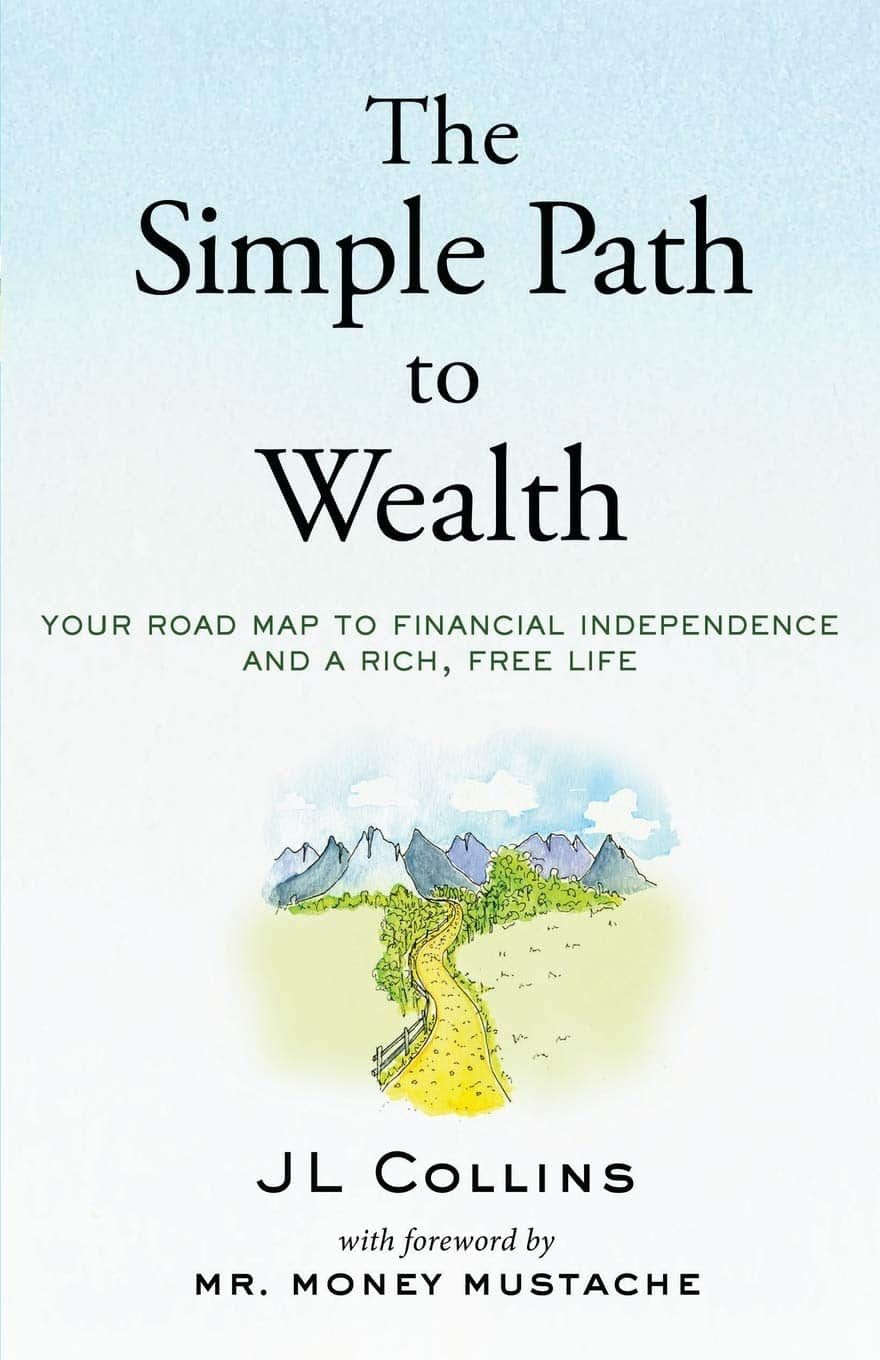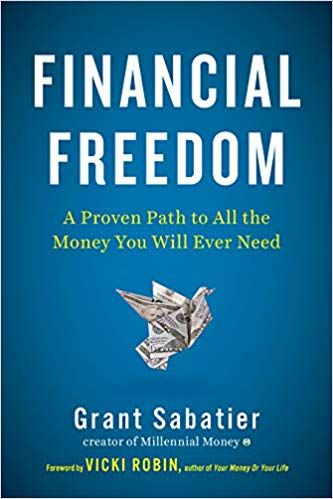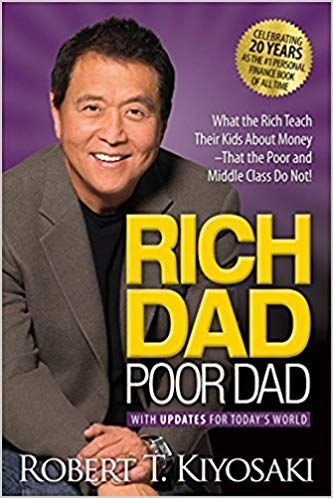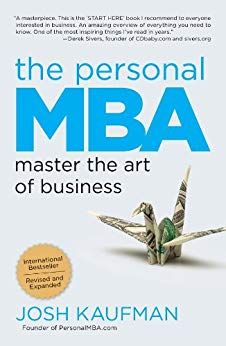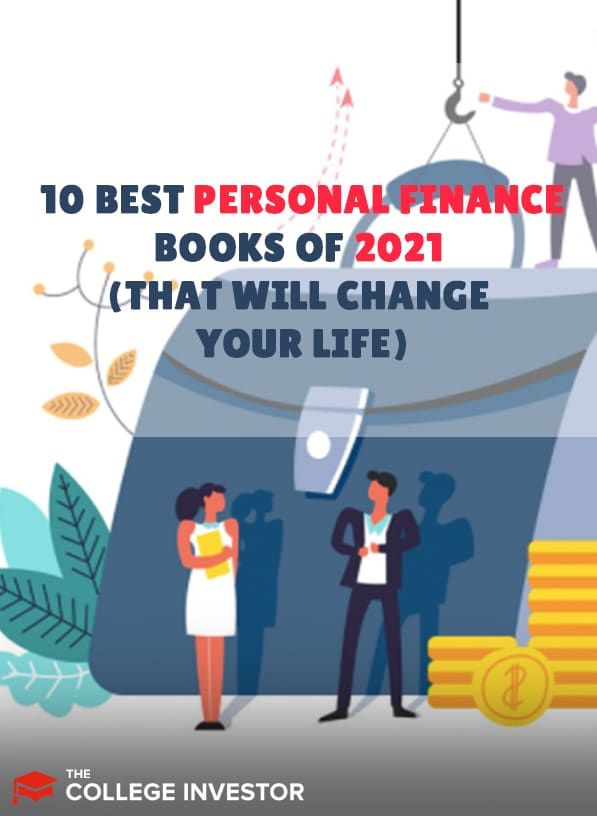
There is a common thread amongst those who have taken radical steps to change their financial situation for the better: they read a book that changed their lives.
And so perhaps you have landed here because you are ready to shift your financial life onto the positive end of things. You are in the right place.
In this post, I share 10 of the best personal finance books that will change your life right now and beyond. While some of these are newer releases, most of these books were written years ago, but they contain timeless lessons.
Either way, you cannot lose by reading any of the books on this list.
1. I Will Teach You To Be Rich
I Will Teach You To Be Rich was released a decade ago by Ramit Sethi, but has just been re-released and updated in 2019 - with new conversations about robo-investing, FIRE, and more! Plus, you might recognize Ramit from his Netflix show (which launched since his book was re-released).
This game-changing personal finance book. It is based around systems and tools that can help you conquer your financial goals - in ways that many wouldn't expect.
Ramit presents ideas in a different way than many financial experts - and focuses on big wins that will actually make a difference in your total financial life, versus trying to starve your way to financial freedom.
I also really appreciate how Ramit calls out companies that are terrible, and shares exactly what he uses to run his finances.
Read our full I Will Teach You To Be Rich Book Review here.
2. The Wealthy Gardener
The Wealthy Gardener was released in 2018 and was written by John Soforic — a business owner. He achieved financial freedom at age 50 and wrote this book to his college-aged son on what it means to become prosperous.
The book is written in more of a “parable” style because of the intent of the author — to give advice to his son on what it takes to succeed financially.
If you like to read books in this format, this will be a good one for you.
Plus, any chance we see to help millennials and other adults warms our heart.
3. The Total Money Makeover
The Total Money Makeover is a classic personal finance book written by Dave Ramsey.
If you need a practical step-by-step guide to paying off debt and building wealth, this book is a must-read.
Over the years, Dave has received some criticisms for his ideas beyond tackling debt (including investing and insurance), but when it comes to getting out of debt, there is really no better mindset and resource than The Total Money Makeover.
Beyond the book, Dave has a huge number of followers that motivate and inspire each other online - including instagram and Facebook.
4. The Millionaire Next Door
The Millionaire Next Door is one of the older books on this list but the lessons in that book are timeless.
In The Millionaire Next Door, doctors Thomas Stanley and William Danko interviewed real millionaires to get their insights on what it took for them to get to that status.
A lot of the lessons in that book are groundbreaking and ridiculously simple when you read it for the first time. And to be honest, most of the world’s best-kept secrets are very simple.
We love this book and it even inspired us to write about the secrets your millionaire neighbor isn't telling you.
5. Psychology Of Money
The Psychology of Money provides new insight into how and why consumers interact with money. Morgan Housel shares a series of short stories that allow you to consider the world's interactions with money more closely.
Throughout the book, you’ll approach the concept and consequences of money in terms of behavior. Instead of focusing on math-based logic, Housel dives into the gray area of how people make financial decisions in the real world. He looks beyond the spreadsheet and encourages you to do the same.
Read our full Psychology of Money review here.
6. Why Didn’t They Teach Me This in School?
This book has been recommended by eBay, Forbes, and Lifehacker as one of the top graduation gifts for college graduates. And for good reason. Most of us never learned about how to manage our money while we were in school.
Why Didn’t They Teach Me This in School by Cary Siegel attempts to reverse that with 99 useful money lessons that will set you up for life.
As someone who helps people with money consistently, I can't understand why we teach the subjects we do in high school but mostly ignore the basics of money management. This book seeks to change this.
While you may not agree with all 99 ideas and lessons, a large portion of this book is solid advice that should be a read for anyone looking to improve their finances.
7. The Simple Path To Wealth
The Simple Path To Wealth by JL Collins was written as a guide to teach you how to easily start investing for your future.
Collins basically breaks down exactly how you need to think about building wealth, from cutting expenses to investing in low cost index funds.
What's great about this book is that it's a pretty short and easy read, and it's a great gift idea for recent graduates!
8. Financial Freedom
Grant Sabatier, the author of this book, has an incredible story.
At the age of 24, Grant was broke and he tells the story of how he had $2.26 in his bank account.
By age 30, Grant had become financially independent and now writes the blog, Millennial Money.
Grant’s book is an inspiring story of what you can do once you make up your mind to take the steps that are necessary to get you out of a difficult financial hole.
This book is essential reading for anyone on the path to FIRE - Financial Independence and Retiring Early. While the math of FIRE is straightforward, the psychological components of it are not. This book tries to help you understand both the money and the mind of financial freedom.
9. Rich Dad Poor Dad
Rich Dad Poor Dad is another older yet classic book on the list.
In this book, Robert Kiyosaki shares lessons he learned from a wealthy man he encountered while growing up.
He compares and contrasts that with the money lessons he learned from his biological father (Poor Dad).
This book mainly deals with the mindset it takes to have control over your financial life and become wealthy.
Robert Kiyosaki is another controversial financial figure - with some of his current project garnering controversy, and even some questions about how true this book is.
But, readers should really just focus on the financial tenets of this book - there's solid advice here, and readers can get huge value from it.
10. The Personal MBA
Last, but not least on this list, is The Personal MBA.
Apart from paying off your debts and making smart investments, one of the best ways to build wealth is to start your own business.
Starting your own business comes with the potential to make unlimited income. And with that income you reach financial freedom.
In the past, starting a business meant you needed to have gone to business school. The requirement is not entirely necessary anymore.
The Personal MBA will teach you business principles and lessons that don’t require that you pay for an expensive business degree.
Wrapping Up
Even though there are schools around the U.S. that now teach personal finance lessons, the education is not enough. Educating yourself is your best bet if you want to achieve financial freedom.
In this post, we shared the 10 best personal finance books that could change your life this year. Which ones have you read? Let us know in the comments below.

Robert Farrington is America’s Millennial Money Expert® and America’s Student Loan Debt Expert™, and the founder of The College Investor, a personal finance site dedicated to helping millennials escape student loan debt to start investing and building wealth for the future. You can learn more about him on the About Page or on his personal site RobertFarrington.com.
He regularly writes about investing, student loan debt, and general personal finance topics geared toward anyone wanting to earn more, get out of debt, and start building wealth for the future.
He has been quoted in major publications, including the New York Times, Wall Street Journal, Washington Post, ABC, NBC, Today, and more. He is also a regular contributor to Forbes.
Editor: Clint Proctor Reviewed by: Chris Muller
